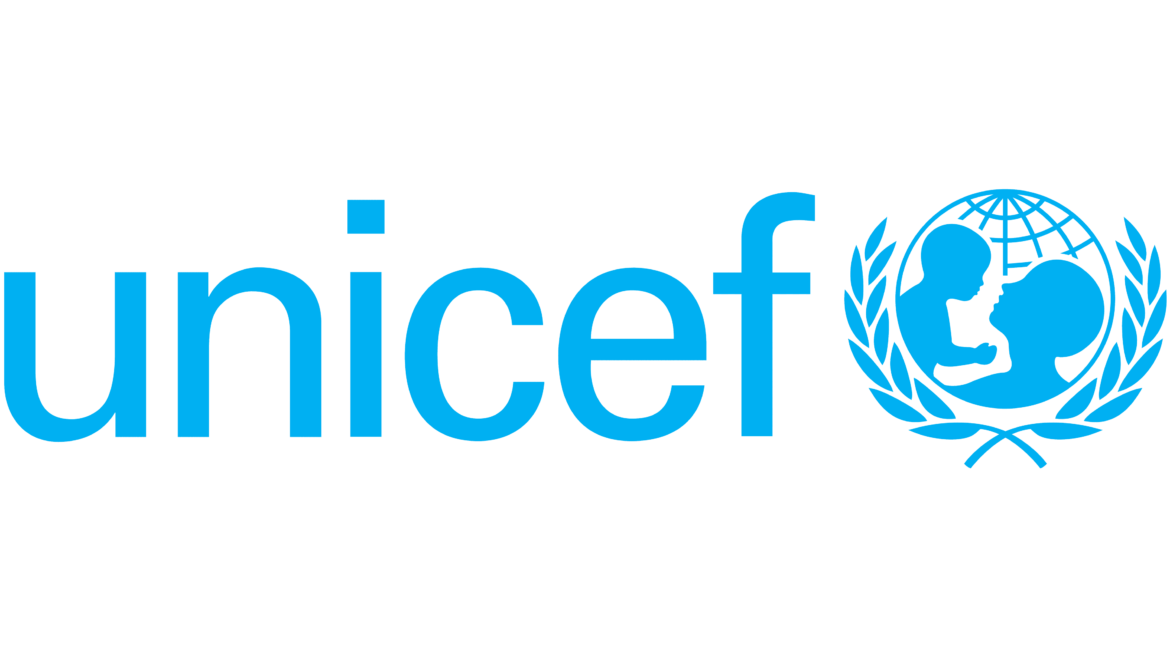By Asmau Ahmad with agency report
The United Nations Children’s Fund (UNICEF) and the Nigeria Police Force (NPF) have called for standard operating procedures in the handling of cases that involve children.
They made the call during a two-day programme funded by the European Union and implemented by the United Nations Office on Drug and Crime, which was held at the Police Training College, Ikeja, Lagos State.
Speaking with Sunday PUNCH, the Deputy Commissioner of Police, Gender Unit, Rita Emesim, said, “When it comes to any type of case – regardless of the offence – children should not be kept in the same cell or prison with adults.
“They should be separated based on their ages. They should be re-orientated so that they can change for the better in the future. This is because, at their age, they can still be redirected instead of allowing them to suffer a harsh fate.”
Emesim also charged officers in attendance to extend the orientation to their subordinates, noting the significance of proper management of children-related cases.
She further advised parents to train their children well.
“Parents should be more diligent in looking after their children and be careful of who they trust them with,” she added.
A child protection specialist who represented UNICEF at the event, Denis Onoise, stated that the plan to collaborate with the Nigeria Police had been ongoing for a while.
He stated, “We have been working to support children for a while. At one time, we started a diversion programme because of the experiences we have seen about children committing offences that get them arrested and taken to prison. Some of them are even in detention for a week or more.
“That was when we decided that we are going to push people to direct those children that have been in a detention camp to the diversion programme.
“But it was very difficult at the time we started it in Lagos State because people did not understand what we meant for the children, and the community until the time we started collaborating with the police to explain and give them more exposure on the diversion programme.”


